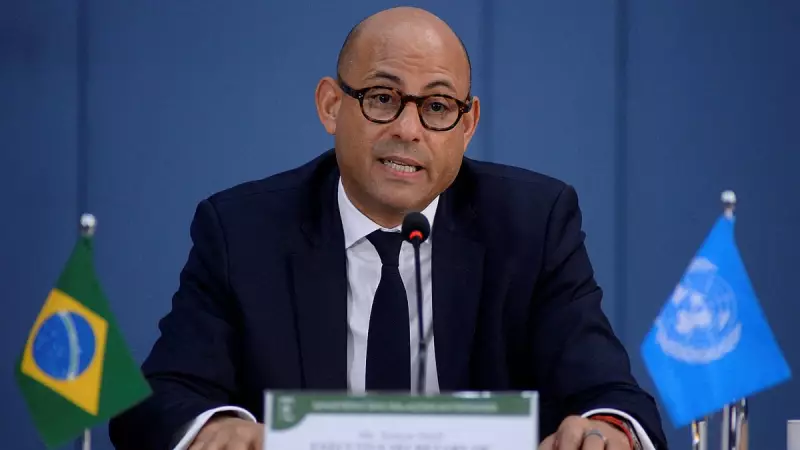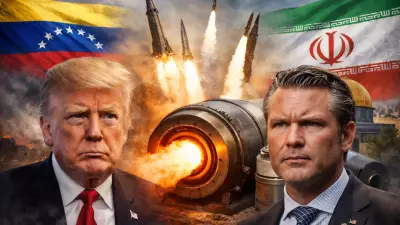
The United Nations climate chief has issued a stark warning about the state of global cooperation, pointing to denial, division, and geopolitics as major obstacles in the fight against climate change. This sobering assessment comes as the latest round of UN climate talks concluded in Brazil.
A Deal with a Critical Gap
The recent UN climate conference, often referred to as COP29, concluded with a significant pledge to increase financial support for nations struggling to adapt to the devastating impacts of extreme weather. However, the agreement fell short on one of the most critical fronts: it failed to include a concrete roadmap for phasing out fossil fuels, the primary drivers of global warming.
The talks, which ended on 23 November 2025, highlighted the deep divisions that continue to plague international climate diplomacy. While the commitment to adaptation funding was a hard-won victory for vulnerable countries, the absence of a clear plan to transition away from coal, oil, and gas casts a shadow over the overall progress.
Stiell's Stern Warning on Global Cooperation
UN Climate Chief Simon Stiell did not mince words in his post-conference analysis. He explicitly stated that "denial, division, and geopolitics dealt heavy blows to global cooperation this year." This powerful statement underscores the challenging political environment that is hindering more ambitious climate action.
His comments point to a troubling trend where national interests and geopolitical tensions are overriding the collective urgency required to address the planetary crisis. The inability to secure a consensus on a fossil fuel phase-out timeline is a direct consequence of these fractured international relations.
What the Future Holds
The outcome of COP29 presents a mixed bag for global climate efforts. On one hand, the increased funding for adaptation is a vital lifeline for countries on the frontlines of climate impacts. It will help communities build resilience against floods, droughts, and storms that are becoming more frequent and intense.
On the other hand, the failure to address the root cause of the problem—the burning of fossil fuels—leaves a glaring gap in the global response. Without a decisive plan to reduce emissions at their source, the world remains on a dangerous trajectory. The challenge for future climate negotiations will be to bridge this divide and translate financial promises into transformative energy policies.





